Selling your Franchise Restaurant
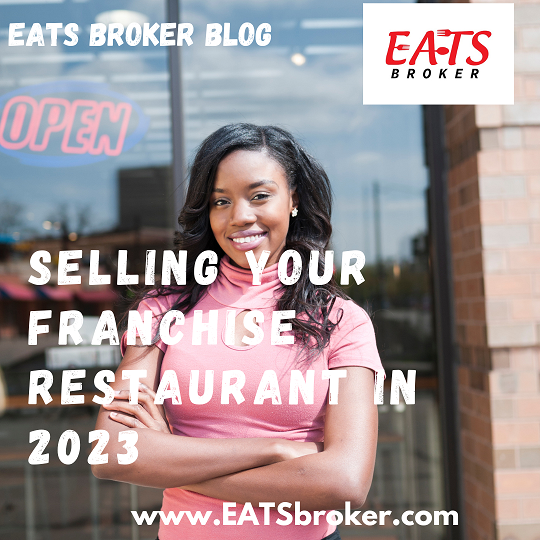
Are you thinking about selling your franchise restaurant in 2023? We have finished the Holiday season, and now it’s time to get ready to start a new year with new challenges. Some of the most seasoned restauranteurs, managers, and employees exited the restaurant industry in 2022. The challenges of labor rate inflation, labor shortage, food […]
Restaurant Owner-Do you have an exit strategy?
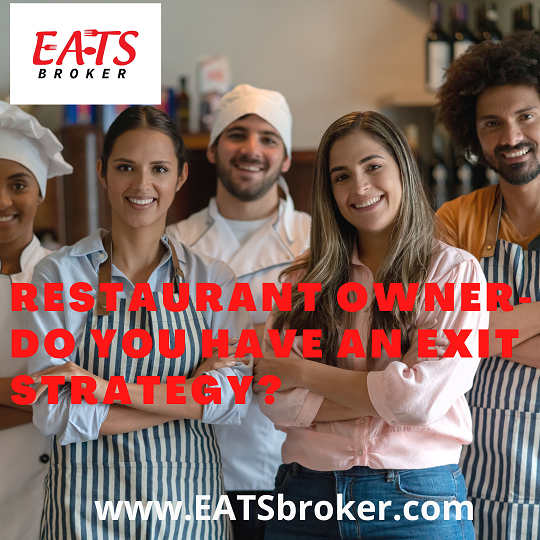
A Restaurant Owner should start planning an exit strategy before signing the lease. Thinking about the exit strategy should be as important as planning for the opening. It’s a known fact that 80% of restaurants close within five years of opening their doors or has a change in ownership. Texas Restaurant Broker Dominique Maddox says, […]
3 Types of Restaurants for Sale
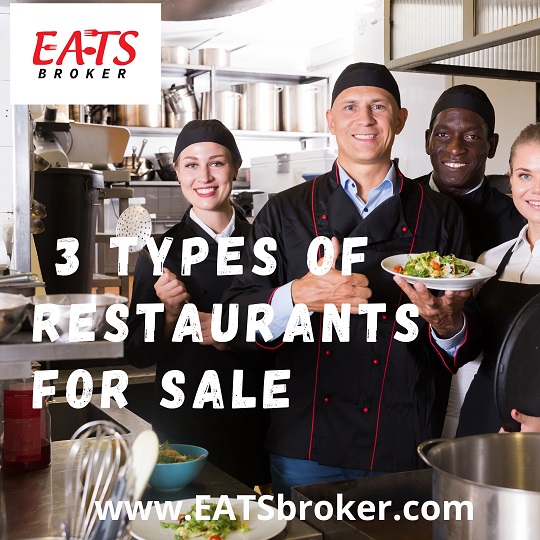
The start of a new year brings an increase in the inventory of listed restaurants for sale. There are three types of Restaurants for Sale that buyers will find on the market. The difference between the three types of for-sale methods is how they are listed. – Restaurants for Sale by a Business Broker […]
3 Challenges to Selling a Franchise Restaurant
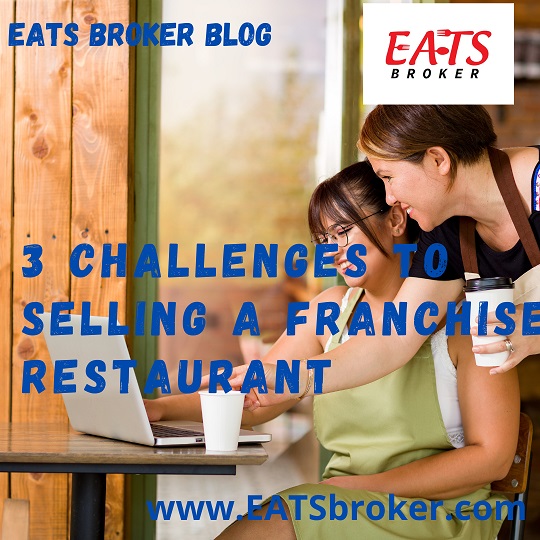
Are you thinking about selling your franchise restaurant in 2023? This blog covers three Challenges to selling a franchise restaurant that every Franchisee will face. We have finished the Holiday season, and now it’s time to get ready to start a new year with new challenges. Some of the most seasoned restauranteurs, managers, and […]
Thinking about selling a restaurant in 2023
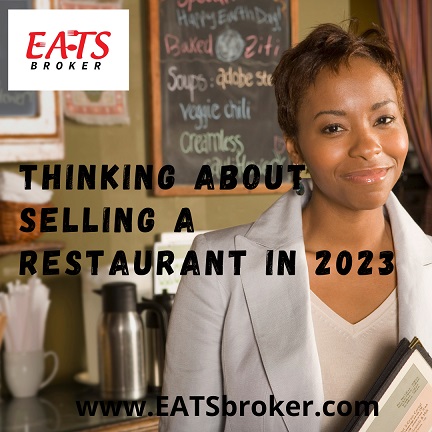
It’s the time of the year when restaurant owners are thinking about selling a restaurant in 2023. It’s been a challenging year with increased labor costs, supply chain issues, food price inflation, and a lack of government financial assistance. At the end of the year, some Restaurant owners must sacrifice time spent with their loved […]
Why use a Restaurant Broker? When selling a restaurant.
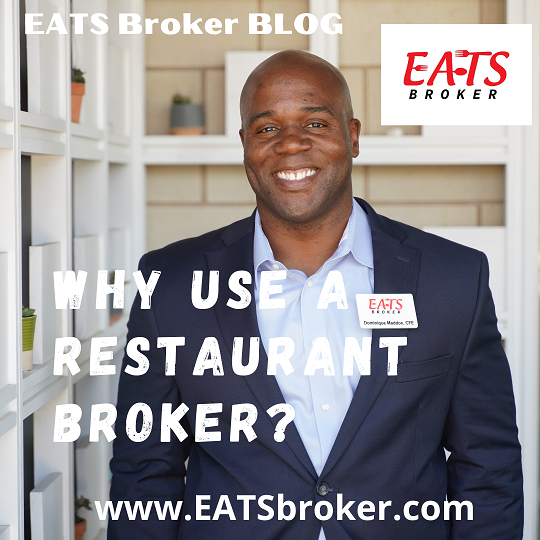
Why use a Restaurant Broker when selling a restaurant is a good question. Could you save on a commission and market your restaurant For Sale by Owner? Yes, but the reality about selling a restaurant is that only about 30%-40% of restaurants listed for sale will sell, and only about 2%-5% of the buyers looking […]
Bring your own bottle (BYOB). Is it good for restaurants?
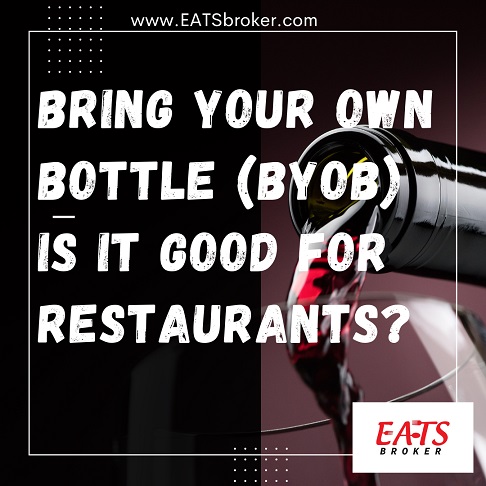
Bring your own bottle (BYOB) policy can be good for restaurants, but it also has some significant downsides. If a restaurant has a BYOB policy, customers are allowed to bring their alcoholic beverage of choice to the restaurant. Strict licensing requirements and high taxes on alcohol sales have made the idea of restaurant owners to […]
What are the Hardest Restaurants to Sell?
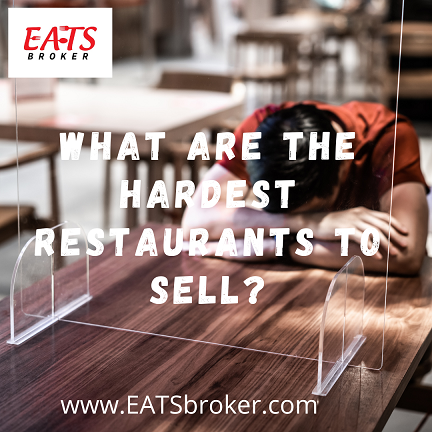
The Hardest Restaurants to Sell have several issues that make it difficult to sell a restaurant. The grim reality is that only 30%-40% of restaurants listed for sale will be sold to a new buyer. Why do some restaurants sell, and others don’t? We’ve seen it all, but these two concepts we will focus on […]
Restaurant Broker Dominique Maddox of EATS Broker sells Lenny’s Subs & Grill
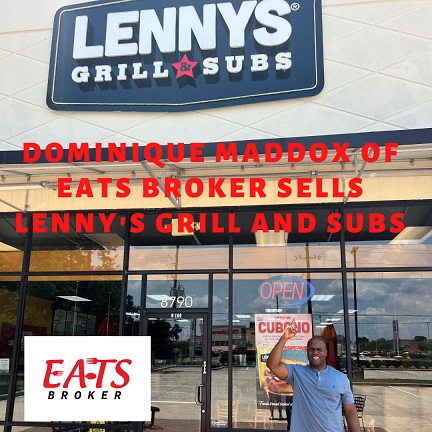
Restaurant Broker Dominique Maddox of EATS Broker sells Lenny’s Subs & Grill in Humble, Texas. EATS Broker represented the seller and buyer for this transaction. The seller had owned the location for 16 years before deciding to sell and retire. The new buyers are excited about the opportunity to own a restaurant in the United […]

